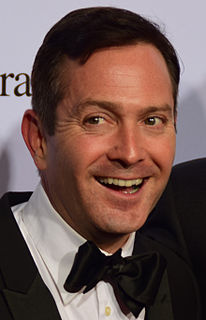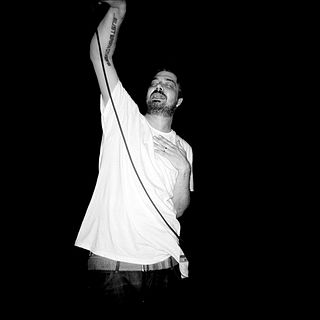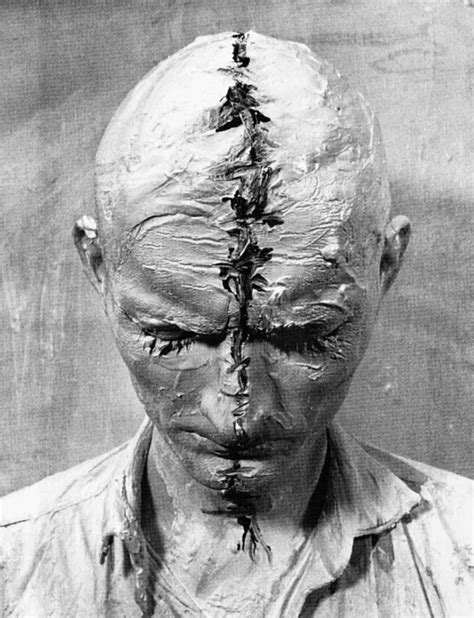A Quote by David Nicholls
Screenwriting is always about what people say or do, whereas good writing is about a thought process or an abstract image or an internal monologue, none of which works on screen.
Related Quotes
I always thought I'd eventually learn how to draw really well, and despite constant evidence to the contrary, I just kept on trying. If you're too good at anything, you don't have to think about the process, whereas I feel like I spend my life with my head under the bonnet, trying to understand how everything works.
Cinema is a visual language, and you're always looking for visual metaphors for things. You know, if I was writing a play about Howard Hughes, I could have him give a monologue about how he's terrified to touch a doorknob. But on screen, you know, working with Marty Scorsese in 'The Aviator,' that became the series of images that told a story.
When I started writing short stories, I thought I was writing a novel. I had like 60 or 70 pages. And what I realized was that I don't write inner monologue. I don't want to talk about what somebody is thinking or feeling. I wanted to try to show it in an interesting way. And so what I realized was that I was really writing a screenplay.
Writing is hard work, and if anything's true about the process, it's that fact that a good story is hard to find and even trickier to get on paper. What's less romantic than staring alone at a blank screen? And edgy? I've changed the cat little because I didn't know what my characters were going to say next.
People have a good image of me. It's not these tramps who are going to tarnish my image. They should stop lying to the French people. It annoys me that people talk about 'your image'. My image is great in France. When I'm abroad, I don't even talk about it. But in France it's just these people, these parasites.
I think that were I in the middle of an obsession to write about, say, sudden oak death in California or my grandchildren or time and memory and how they look when you get to be in your sixties, and I thought, "Well, yes but people are dying every day in Baghdad," I wouldn't feel guilty about not writing about Baghdad if I didn't have any good ideas about how to write about it.







































